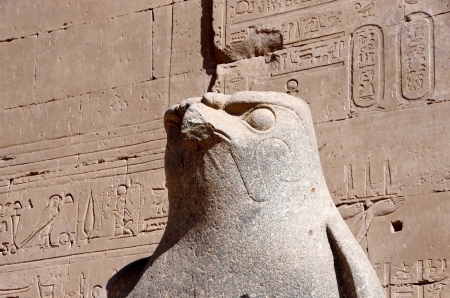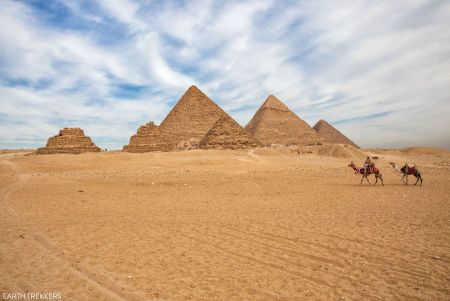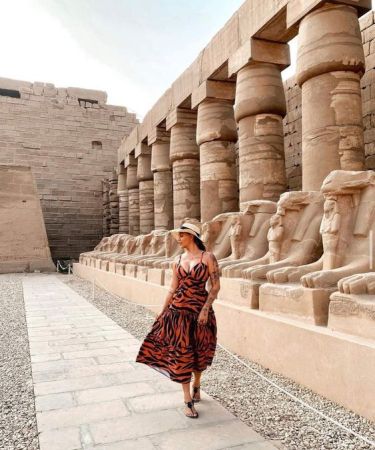Explore Egypt in 5 days! Visit Cairo, Luxor, and Aswan, including the Pyramids, Sphinx, Egyptian Museum, Luxor & Karnak Temples, Valley of the Kings, and Abu Simbel.
Cleopatra The last queen of Egypt
Cleopatra last queen of Egypt, Cleopatra, has been a character full of brilliance, mastering in politics, and having great impact on the history of Egypt and Rome for a long time. As one of the most famous Ancient Egyptian queens, Cleopatra's life continues to fascinate historians and enthusiasts alike. Known for her attraction and cunning mind, Queen Cleopatra marked an era where two great civilizations became entwined. Cleopatra biography is a unique remarkable story, offering a tantalizing chapter in history even to this day, and serving as a source of inspiration for both historians and travelers.
Cleopatra biography, Rise to Power
Cleopatra was born in Alexandria in 69 BCE, a daughter of Pharaoh Ptolemy XII Auletes. Queen Cleopatra was educated amidst culture, she was highly literate in multiple languages and could speak Egyptian, Greek, and Latin, she was knowledgeable in matters of politics and diplomacy. As part of any detailed Cleopatra biography, her early life reflects the richness of Egyptian symbols and traditions that shaped her future as Cleopatra last queen of Egypt. Upon the passing of her father, Cleopatra first faced mighty opposition but eventually reestablished herself on her throne by some means with the aid of Julius Caesar. The beginning of her reign was, therefore, the beginning of turbulent times in Egyptian history, such might had come to Cleopatra.
Cleopatra and Mark Antony
The political and romantic alliance that Cleopatra formed with Mark Antony deeply affected Mediterranean politics. Antony inherited power in the Eastern Roman territories, including Egypt, after Caesar’s death. Their union bore three children as a challenge to the growing power of Octavian in Rome, thereby exacerbating tensions which led to the famous conflict where Cleopatra found expression as not only a queen but also as a key player in the power struggles of the ancient world.
The Battle of Actium
In 31 BCE, the naval Battle of Actium decided the fate of Egypt and Rome. Cleopatra, with Mark Antony, led the fleet against Octavian's forces but was defeated. The defeat induced Antony and Cleopatra to commit suicide, thereby ending the reign of the Ptolemies and sealing the fate of Egypt as a Roman province. This very dramatic ending ensured that Cleopatra would remain etched in history as one of the most iconic yet tragic figures.
Legacy
The kind of regime that Cleopatra ruled over had its share of transformations on the cultural and political fronts. She had maintained wise diplomacy in balancing the uneasy relations between Egypt and Rome while trying to assert the independence of Egypt. Her knowledge of Egyptian language and culture lent convincing legitimacy to her claim to the pharaohship. Cleopatra's patronage for the arts cultivated a progressive environment in Alexandria.
Roman propaganda, however, never bothered to see beyond the seductive queen stereotype of Cleopatra; modern research, on the other hand, paints her as intelligent, strategically gifted, and a capable ruler. She remains a strong symbol of female empowerment and political wit, captivating scholars interested in the ancient world and the general public alike.
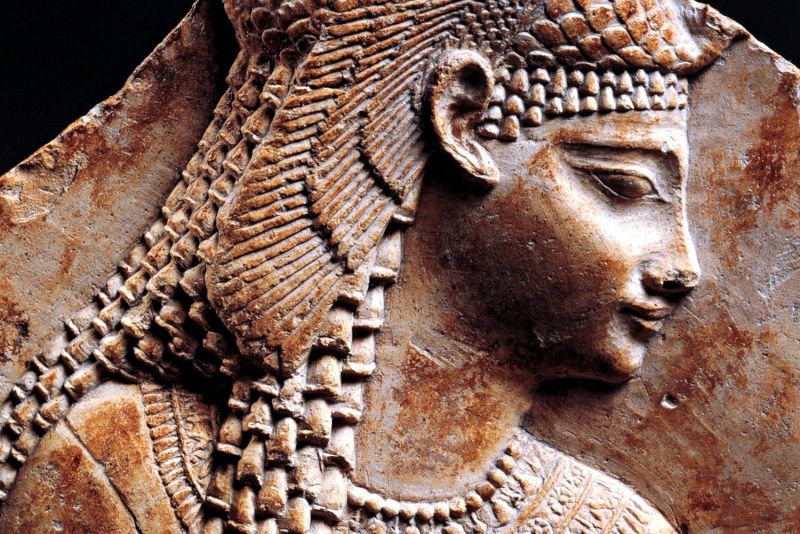
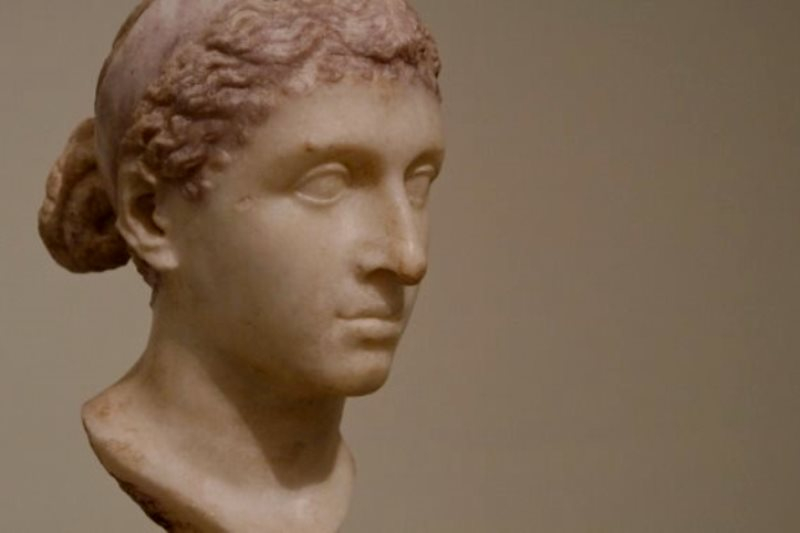

.jpg)

.jpg)
.jpg)
